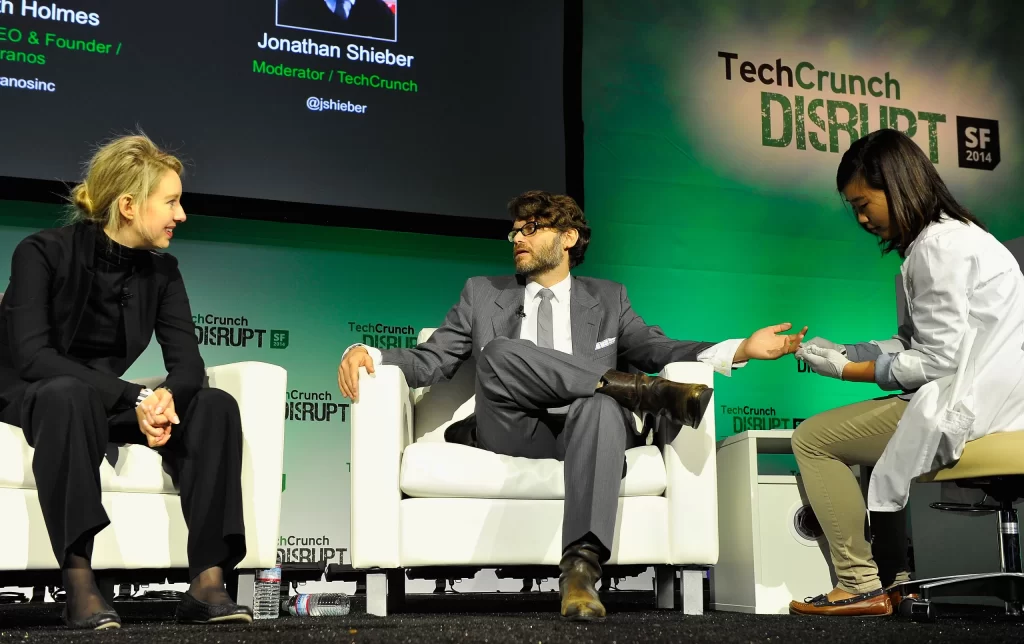Elizabeth Holmes is certainly not the only white-collar worker whose business, ambitions, and unfulfilled promises ended up in prison for fraud.
There are two different points of view. And they are equally simple.
According to the first, the Theranos case is an exception to the rule. Just an example of a company and its founder, who did not have enough knowledge, technology, and vision to try to create a business that turned out to be a fraud.
But there’s another that says it’s a wake-up call for Silicon Valley and startup culture.
But it is the second angle that I would look at. Hundreds of startups fail every year, perhaps even thousands. About 90% of all startups fail. All because the startup culture itself dictates to entrepreneurs and wannabes that they need to offer breakthrough solutions to the world.
Nobody will give you money if you offer something “a little better” than others (I’m not talking about Theranos now, I’m talking about the whole culture in general). You can’t just offer a trivial idea. There is one step in a startup that will determine the lion’s share of your success: vision.
If you offer a breakthrough product, you can find financial support, employees, and media exposure.
And it is this culture that largely distorts what the startup world is like. Startup founders tend to exaggerate the importance of their product because it is the cornerstone of success.
Then, when they see something going wrong, they simply have no other option. Just keep up with appearances and move forward.
And that worked when we were talking about IT startups. Because they’re usually associated with commercial products for the consumer industry. This kind of bias is forgiving of mistakes. Yes, you can offer the world the idea of an exciting application, attract investment, and not find the demand. In that case, you will fail, but nothing terrible will happen.
But things go a little differently when we talk about Biotech.
What is the difference for biotech
Biotech startups have much more to do with science, research, and experimentation than what we used to imply when we talk about a startup (IT startup).
An IT startup is first and foremost a product or service offering that relies heavily on marketing. And it’s quite simple here. You come up with an idea that will win the market, you are on top. You made a mistake and your idea turned out to be unclaimed – you lose.
But when it comes to science, research, and other things, the chance of failure is too great. And it has nothing to do with the fact that your idea turned out to be bad. No. It’s just a normal part of the scientific process. Sometimes experiments fail, but that doesn’t mean that the idea itself was bad, maybe you just need more time.
And that’s what I’m talking about, startup culture doesn’t give you enough time. Everyone expects you to get quick results and big promises. And you can’t just back down and say “we need 5 more years,” you’re just going to fly out of the industry.
And that’s something to keep in mind when we talk about the future of the biotech startup industry.
If anything, I’m not trying to wash Elizabeth Holmes. She just committed fraud. But the Theranos case highlighted this simple thing that makes us think about the future of biotech startups.






